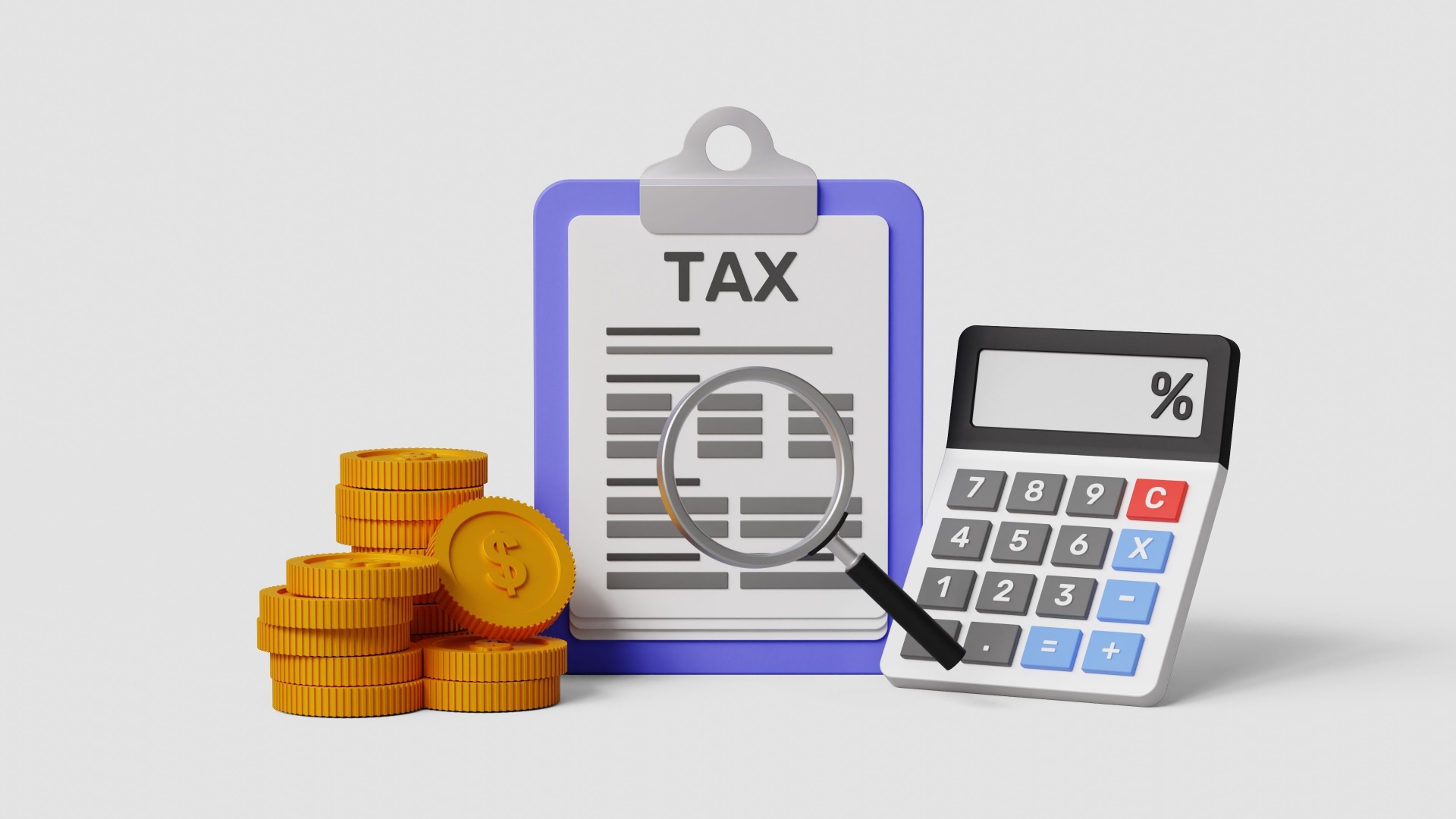
Posted on: 26th February 2021 in News
The South African Finance Minister Tito Mboweni was in the spotlight on February 24th as he delivered his Budget Review speech in Pretoria. Economists focused on the Budget Review as the South African economy suffers from the consequences of the Covid-19 pandemic.
The South African economy faces problems such as policy uncertainty, low growth, high unemployment rate which weigh on its growth.
The South African Finance Minister Tito Mboweni said that “the fiscal framework extends support to the economy and public health services in the short term while ensuring the sustainability of our public finances in the medium term.”
The government chose not to introduce the tax measures initially proposed in the October Medium Term Budget Policy Statement (MTBPS). During his Budget Review speech, the Finance Minister noted that “with this framework, we are on track to achieve our goal of closing the main budget primary deficit. We shall achieve a primary surplus on the main budget in 2024/25. Most importantly, we will stabilise government debt at 88.9% of GDP in 2025/26 and the ratio will decline thereafter.”
Here are the key tax policy proposals:
The corporate income tax rate will be lowered to 27% for companies with years of assessment commencing on or after April 1st 2022.
The personal income tax brackets will be increased by 5%, which is more than inflation.
Fuel levies will be increased by 27 cents per litre.
An 8% increase in the excise duties on alcohol and tobacco products.
What market experts say about the South African economy
Marc McAllister, head of Holborn’s Cape Town office, spoke to International Adviser about the condition of the South African economy and how people cope with the heavy tax burden.
“South Africa has been limping on as an economy for many years, sadly impacted in particular by the corruption of the Jacob Zuma presidency. Taxes need to rise to make up the deficit and that was before a pandemic came along. With the pandemic, it has simply compounded into an even bigger fiscal challenge and the likelihood of increased taxes and a one-off ‘wealth tax’ seem almost inevitable,” Marc McAllister noted.
Financial reports based on hard activity data showed that the South African economy was resilient in the fourth quarter of 2020 with the International Monetary Fund (IMF) expecting a rebound of 3% in GDP this year.

Despite the economic measures, some economists suggest that harsh fiscal austerity would weigh on economic activity during the first quarter of the year, putting a strain on demand. Moody’s, one of the most important ratings’ agencies in the world, seems to agree with them as it has signalled that a new sovereign credit rating downgrade might be on the way.
Commenting on the need for change on the applied economic policy, Marc McAllister told International Adviser reporters: “Taxes will inevitable rise to try and pay down the deficit but it’s the lack of economic growth that is the number one concern. The biggest missing piece of the puzzle is a coherent business-focused agenda to drive small and medium private enterprise to fill the void caused by a bloated state, failing state-owned enterprise and ongoing corruption issues.”
Puzzled about your finances? Let’s talk
With the future of the South African economy looking grim, it’s normal to have second thoughts about your finances. Taxation seems to be the last resort for the South African government that doesn’t seem to have the right mix of economic policies and will to offer a solid plan for economic growth.
If you are puzzled about your financial future, Holborn has the solutions you are searching for. Whether you live in South Africa or you are an expat, our team of experienced independent financial advisers is on hand to listen to your needs and goals and suggest the right strategies to boost your finances.
We have 18 offices across the globe and we manage over $2billion for our 20,000+ clients
Get started
Investing is one of the most effective ways to build wealth and secure your financial future. But even seasoned investors can stumble into costly mistakes. Whether you’re just starting your...
Read more
If you’re dreaming of financial freedom, passive income might just be the key to unlocking it. Whether you want to supplement your current earnings or build wealth over time, creating...
Read more
Tax season in South Africa may be a way off, but planning now can help ensure you are prepared. As a South African investor, you have several innovative ways to...
Read more
When it comes to securing your financial future, having a solid wealth management plan is essential. It’s not just about saving money; it’s about making your money work for you...
Read more